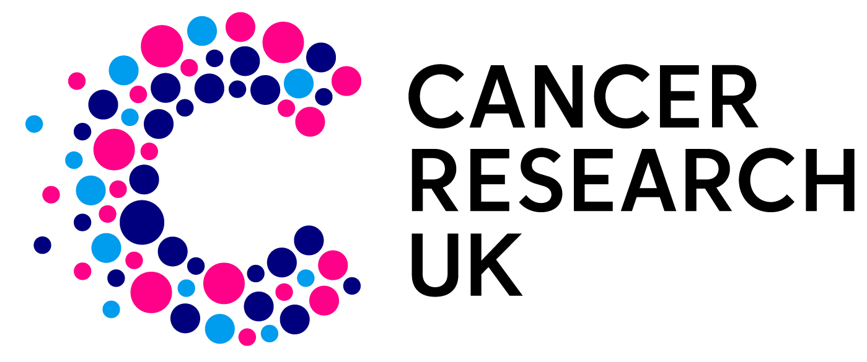Please take some time to read about the four cancer charities we support, and have done continuously since 2003. To date we have raised £224,022.50 to aid each of the charities in funding cancer research, prevention, treatment and end of life care.

Cancer Research UK. As the world’s largest charitable funder of cancer research, we are at the forefront of the global fight against the disease. We’ll inspire millions to join with us in our mission, and increase the scale, breadth and impact of our partnerships to make greater progress than we could alone – bringing hope to people affected by cancer everywhere. Our ambition is to accelerate progress and see 3 in 4 patients surviving the disease by 2034.
Over the last 40 years, cancer survival in the UK has doubled. In the 1970s just 1 in 4 people survived their disease for 10 years or more. Today 2 in 4 survive.
We want to bring about a world where everybody lives longer, better lives, free from the fear of cancer.
Thanks to you, we’re making that happen – hour by hour, day by day, year by year.
Together we are beating cancer.

Macmillan Cancer Support is a UK charity that works to improve the quality of life for people living with cancer. Right now, more than 3 million people are living with cancer in the UK. By 2030 this figure will rise to 4 million. Despite that challenge, Macmillan will do whatever it takes to get every person the best support today and spark a revolution in cancer care for the future.
At Macmillan, we know how a cancer diagnosis can affect everything. So we’re here to support and help people take back some control of their life.
Macmillan offers life support by providing the expert care and practical support that makes a real difference to people living with cancer. We offer a range of innovative cancer services and are at the heart of improving cancer care throughout the UK. Right from the moment you’re diagnosed, through your treatment and beyond, we’re a source of support, giving you the energy and inspiration to help you feel more like yourself.
We are millions of people affected by cancer, supporters, professionals, volunteers, and campaigners. Together we are all Macmillan.

This year we’ve started to deliver on our five-year plan. We want to make sure everyone living with any illness they’re likely to die from gets the care they deserve.
Today, 1 in 4 people don’t get the care and support they need. And the problem is growing, fast. People in the UK are living longer, with multiple and more complex health challenges.
Between now and 2028, our mission is to continue closing this gap in end of life care by:
- transforming and growing our direct care and support
- delivering more practical information and support
- leading in shaping the end of life care system across the UK.
Last year Marie Curie Nurses and Healthcare Assistants delivered 80,033 episodes of care.
Marie Curie’s Information and Support Line responded to 19,444 enquiries surrounding all aspects of dying, death and bereavement.
Marie Curie’s Companion Volunteers supported over 1,683 families at home, giving patients and loved ones some much-needed respite and a friend at the most difficult time in their lives.
And 1.7 million users accessed our online information and support.

In 2025, we proudly celebrate 40 years of OPA’s commitment to hope, support, and lifesaving advocacy. For four decades, we’ve stood beside patients, families, and carers, offering guidance, compassion, and a community that understands. This milestone is a tribute to everyone who has shared their strength, their stories, and their determination to make a difference. Thank you for being part of our journey—here’s to continuing our mission for the next 40 years and beyond.

